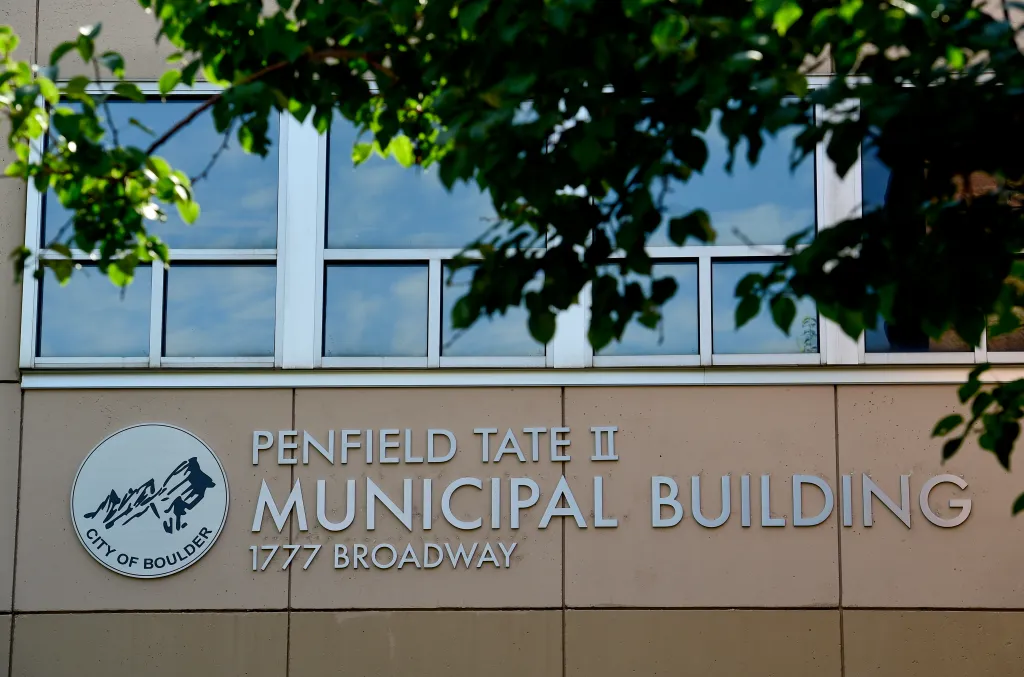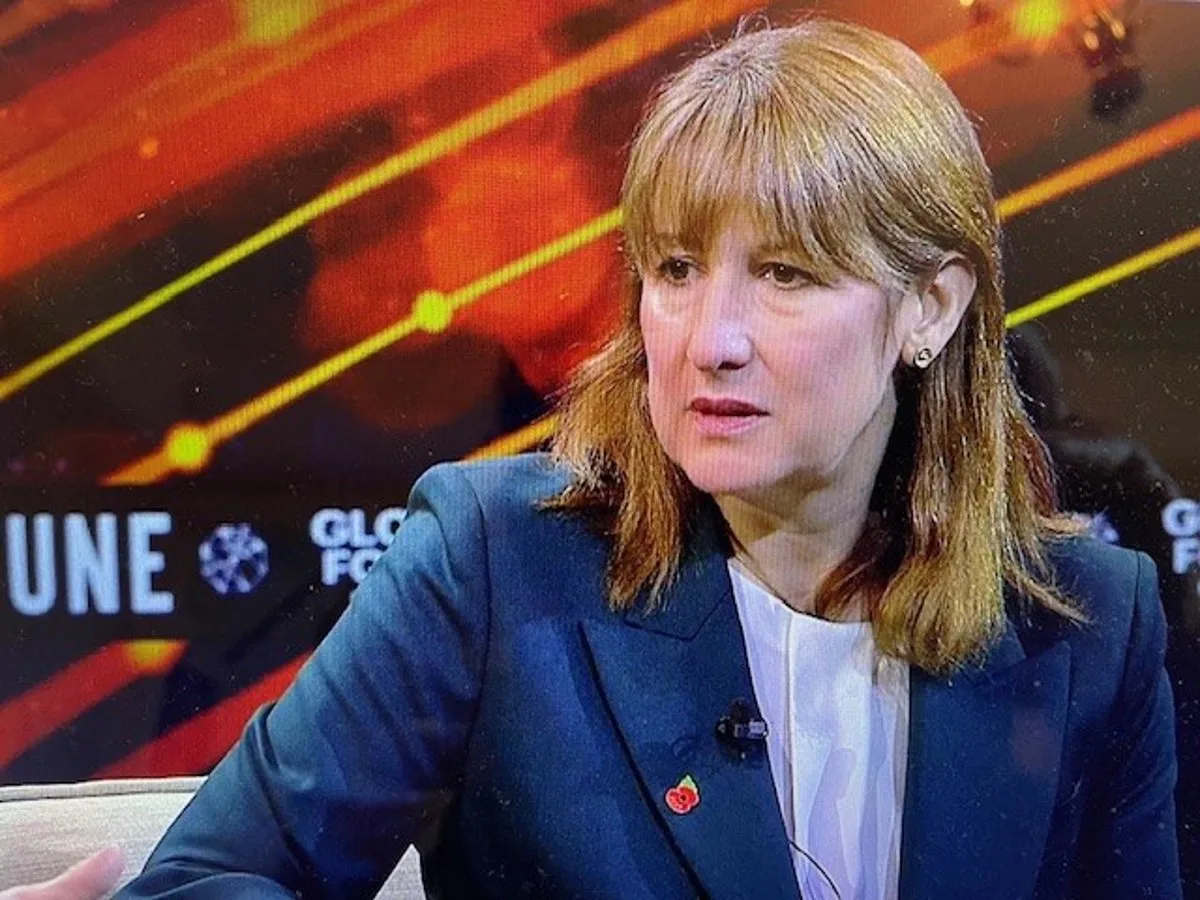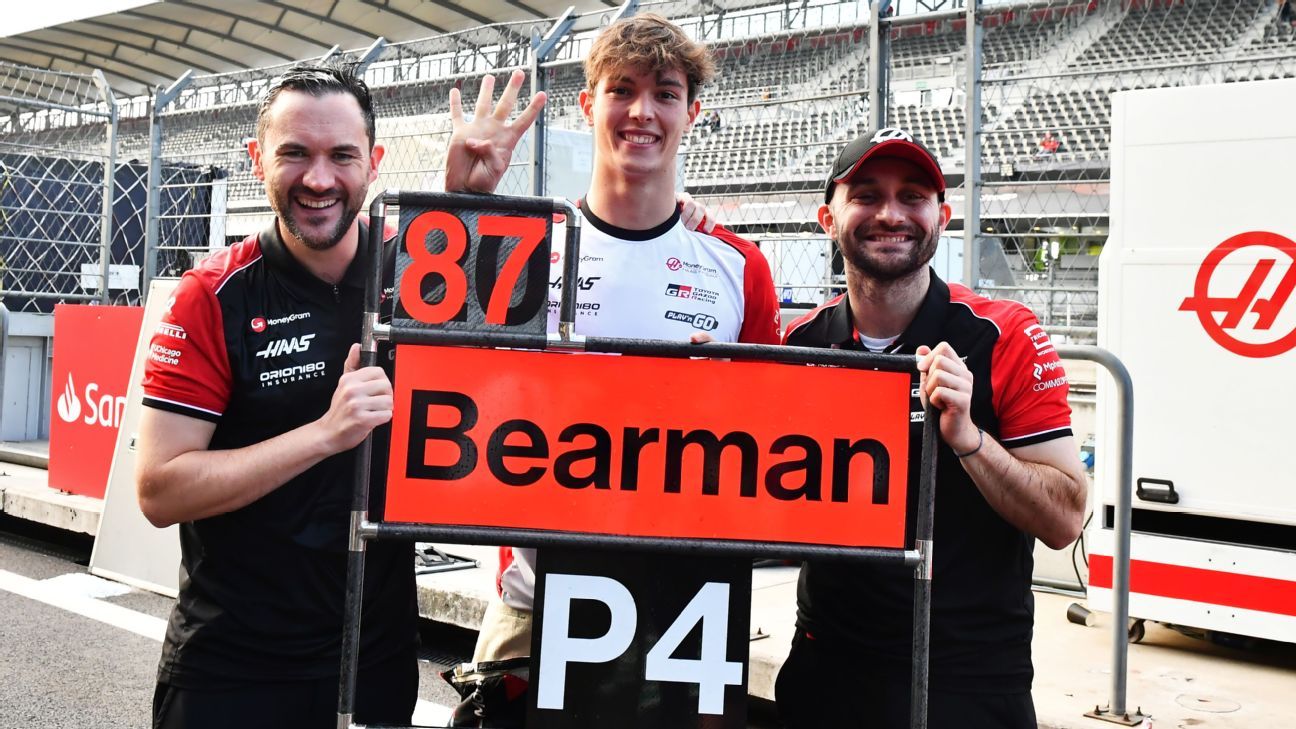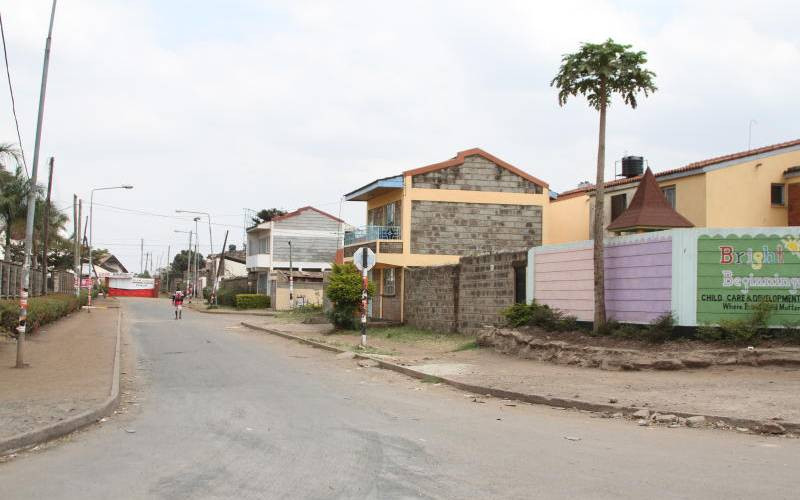Copyright Boulder Daily Camera

If you copy and paste the city of Boulder’s rules on signage in its land-use code into a Google doc 7.5-point Arial font, you’re greeted to 17 pages of rules about what a sign can and can’t look like in front of a Boulder business. At times, the snippet of the code, which is Title 9 of the city’s municipal code, is vague or up to interpretation. And in the words of Lauren Folkerts, a career architect and Boulder City Council incumbent running for reelection, the section is “just a lot of regulation around something every business needs.” To Folkerts and many others vying for the four open seats in Tuesday’s election, the signage section is merely a microcosm of a land-use code that has been Frankensteined over decades of reactionary policy and has led to a difficult, if not hostile, environment for commercial and residential development. “Our code really is just a conglomeration of ‘Oh we didn’t like this was happening so we made a rule to stop it’ and a buildup of that over time makes it difficult and unwieldy to get things done in terms of the building and development in this community,” said Folkerts, who later added: “We are a community that prides itself and is known for our creativity in our arts scene, but we really don’t see that in our building. And I think a lot of that has to do with how restrictive and difficult it is to navigate (the land-use code). Developers end up wanting to develop the same project they’ve done before because they’re trying to reduce risk because it’s a hard system to navigate.” Some issues divide the 11 candidates in this year’s Boulder City Council race, but addressing Title 9 unites many of the race’s progressives and moderates. They see reworking the code, which could take years, as a way to address the city’s lingering issues with commercial vacancy and housing shortage. Among the other candidates, Rob Smoke said he’s been a long-term proponent of allowing people to choose who can live in their home. The code previously had an occupancy limit where up to three unrelated people could live together. Nicole Speer said she doesn’t see the city having the capacity to work on Title 9 until at least work on updating the Boulder Valley Comprehensive Plan is finished. Rob Kaplan wants to loosen up the code, and he wants “staffed, in-office customer service with dedicated case managers, so people can sit down with staff, clarify issues, and leave with next steps.” Aaron Stone said he wants to consult developers to determine what changes would make sense. Matt Benjamin supports a full rewrite of the land-use code, too. Mark Wallach doesn’t view rewriting Title 9 as a means to enhance development but, nonetheless, thinks it is too restrictive and should be addressed. Navigating Title 9 Title 9 is the essential, guiding code to structural development in Boulder and has been for more than 40 years. The section of the municipal code lays out the step-by-step process to pursuing structural development, such as constructing a building, refitting a commercial space or working on a residential property. Land-use reviews, the permitting process, the dos and don’ts for establishing a business, guidelines for erecting a fence, all of that and most things in between are seen in Title 9 and its 15 chapters. Max Lord, a City Council candidate who runs the small construction business Hammer and Driver, likens the code to a Jackson Pollack painting because of how scattered and messy it seems. “If you, say, have an office space and you want to turn it into a woodshop, that you would need a permit for,” Lord said. “And you might get crucified by the city for trying to go around it. That makes it difficult to fill a lot of the empty commercial space.” Lord isn’t alone. He, Folkerts and Jenny Robins, a City Council candidate with a background in site and land acquisitions in the Midwest, noted the steps an applicant needs to take to get a commercial or residential space ready and apply for a permit. “You have your application, and then you have an initial review, and then you have a technical review, and then sometimes there’s revisions, and then there’s decisions, and then you get into the permit, and through that you start your review process,” Robins said. “There’s by-right reviews, there’s administrative reviews, there’s site reviews or use reviews. There’s historic preservation reviews. Some go through the planning department and then the City Council can call up things for additional reviews and, in my opinion, all of those different layers makes the process slow and expensive and unpredictable and unpredictable for even relatively simple projects.” Going through that use review process can be lengthy — Folkerts estimated up to six months if you’re really diligent — all the while, a business owner may be working to secure other proper permits, paying for counsel to ensure they’re following the code, paying rent and hiring employees. Developers face these tasks as the price of materials such as concrete and lumber may be rising. “If you put a martial arts studio into a nail salon, is that change of use so significant that it needs to go through a use review? How can we continue to dial back?” Folkerts said. Generally, the candidates calling for reform believe there’s reasonable regulation, such as converting an office space into a restaurant. But some feel that the line between reasonable and burdensome is too easily crossed. That question was in the spotlight when Voodoo Doughnuts opened its noticeably not-pink location in Boulder in 2023 because the city’s code prevented the business from painting it that color. “I think we should modernize it, make it more user-friendly and that’s so residents and small-businesses can understand the rules without having to hire all the consultants, legal teams they need in order to make sure that they follow everything correctly,” said Robins, who later said: “I’ve been looking at codes for 25 years, and Boulder’s is the most complicated I’ve ever seen.” Residential impacts Easing regulations could also make it easier to fill key missing middle housing, Folkerts said. Missing middle housing refers to developments such as duplexes or triplexes — housing that is larger than a single-family house but smaller than a multi-story apartment complex. Folkerts proposed reviewing the code to find which parts prevent that middle housing. Lord doesn’t think office space usage will return to pre-COVID levels, so making it easier for developers to pursue certain projects — such as converting a second-floor office space into an apartment — could help alleviate Boulder’s housing issues. Fixing the issue The City Council would likely make Title 9 a priority and then direct city staffers to research and recommend changes through proposed ordinances. There’s no silver bullet, and fixing it could take years by chipping away at the language. Robins, meanwhile, had an idea to have outside consultants comb through the code to process permits instead of having full-time city employees do so. Robins doesn’t see that as an immediate change but something she’d like to discuss with city staffers. “This approach could lower overhead costs for the city and speed up approvals, since consultants are often rewarded based on how quickly and accurately they complete projects,” she wrote in a follow-up email to the Daily Camera. Lord sees changing the code as a multi-year, multi-step process “It’s naive for a councilperson or a candidate like me to say we’re going to overhaul the land-use code because it is an old, knotted ball of yarn,” he said. “If you want to overhaul the entire thing. … You would need a unified council to motivate staff to rewrite the entire thing because the council is not qualified to write land-use code.”



